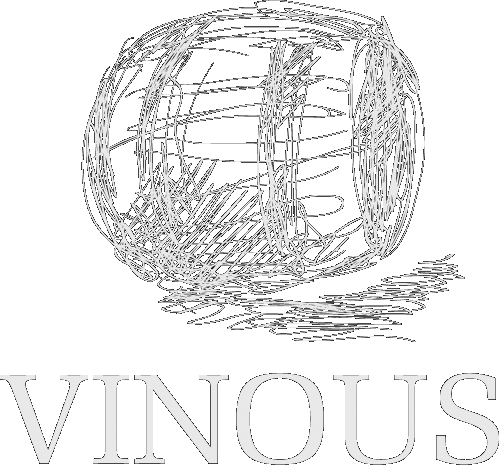Vincent Caillé
Vincent Caillé
Monnières, Loire Valley
Vincent is a 5th generation winemaker. Both of his parents came from winemakers families which make Vincent a “concentrate” of winemaker ! This is also the reason why his parcels spread on such a wide territory (4 towns and 3 great terroirs over 14 kilometers ). Vincent started to work with his father in 1986 with 4Ha and took over his dad’s parcels when he retired in 1992. This lead to a 14Ha domaine owned by Vincent, his wife Sylvie and his two younger brothers who are participating from afar in the continuity of the family story. He continued expanding the domaine by purchasing great parcels, up to 38Ha and then reduced it down to 26 by selling the ones of least interest to him.
The first time the Muscadet name appeared was in an old document from a close village, Gorges (birthplace of Vincent’s mother!), in 1635. Reportedly, Louis XIV made an ordinance to bring resilient grapes from Burgundy after the Great Frost of 1709, from which comes the name of the Muscadet varietal, Melon de Bourgogne. While nowadays the Muscadet has its appellation recognized on 13,000 Ha, it originally got its AOC in 1936 when 23 villages and 8,800 Ha formed the heart of the appellation on the sides of the rivers Sèvre and Maine. Monnières, where Vincent’s father was born, had some of the best terroirs of that heirloom appellation.
During the 80s, the demand for Muscadet was so big that the AOC extended the appellation by almost 50% and many winemakers were tempted to produce more and use the new technology available to reach this goal. Vincent found that by tasting wines from his area and elsewhere, a difference of quality shows between wines from traditional winemaking practice and the ones from the 80s era using the new technology. He then decided to change his own practice and learn from the old ways with a firm conviction that going back to ancient techniques with some modern improvements, he could make a wine he would be proud of.
Vincent’s goal is as simple as producing great grapes - that might seems a little strange but easy enough to understand. The harder and better you work in the vineyard, the less you have to do in the cellar. He is not lazy, however has learned through experience just “to do nothing”, to not interfere with the winemaking process.

